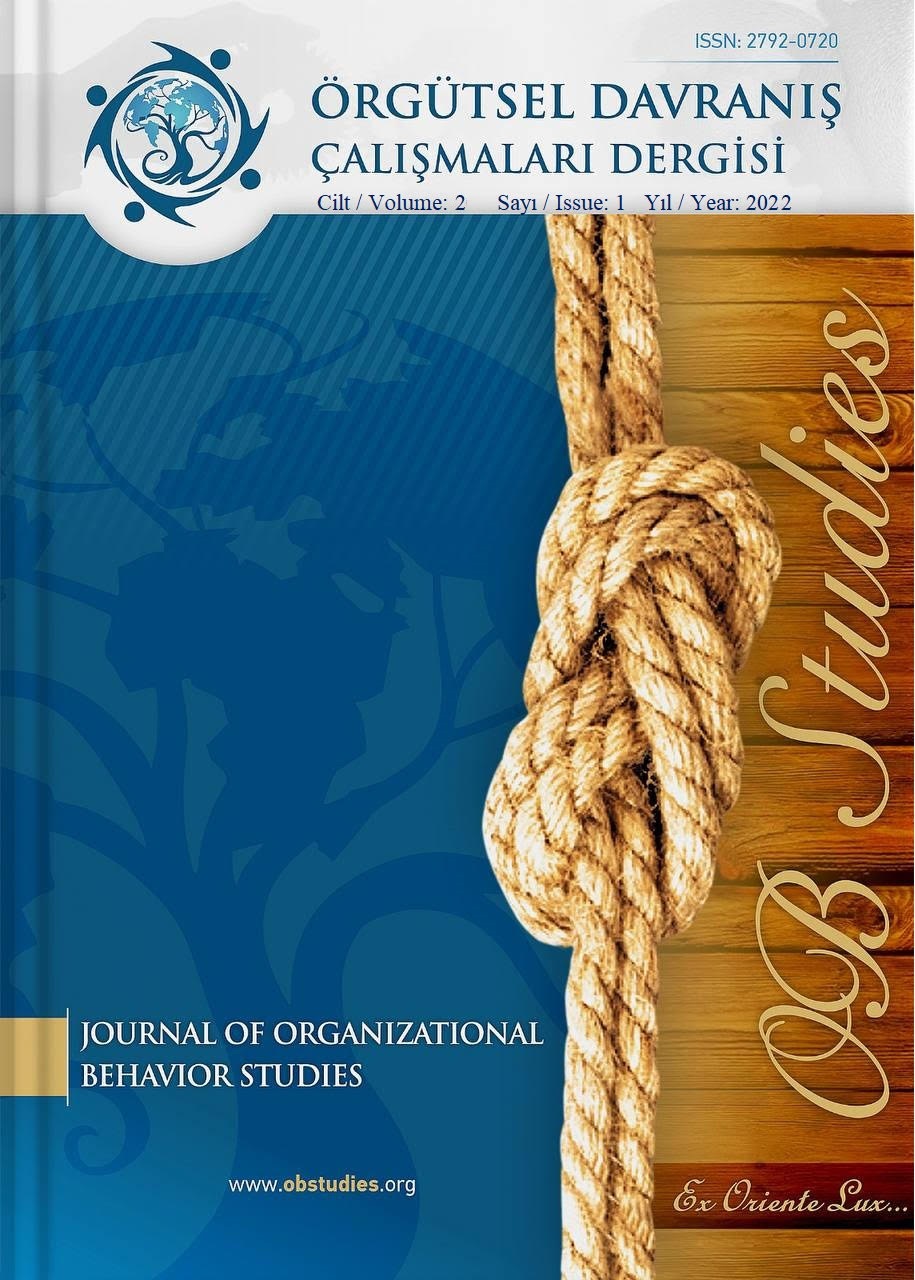Investigating a Need for Cost sharing in higher Education in Pakistan
Keywords:
Cost sharing, Government, Pakistan, StudentAbstract
The strategy of cost sharing is employed in many countries to share the burden of cost of higher education .The cost is shared between the government,parents,students and other organizations. The policy of cost sharing is also employed in Pakistan as it is a developing country and majority of the students are unable to acquire higher education. Therefore the government is required to give funds sufficiently to the needy and deserving because ultimately country will be benefited from it. This research uses qualitative methods to unpack the problems that are faced by students. There are some important flaws that are highlighted and which can be taken into consideration to improve the systems of attaining higher education.
References
Brempong.K.G., Paddison.O&Mitiku.W.(2006). Higher Education and Economic Growth in Africa.Journal of Development Studies, Vol. 42, No. 3, 509–529.
Canton, E. and F. de Jong (2002). “The Demand for Higher Education in the Netherlands, 1950–99.” CPB Discussion Paper 12. The Hague: CPB Netherlands Bureau for Economic Policy Analysis.
Ishengoma.M.J. (2004). Cost-Sharing in Higher Education in Tanzania: Fact or Fiction. College & Council for the Development of Social Science Research in Africa, vol 2(2), pp.101-133.
Johnstone, D. B., (2003a). Cost-sharing in higher education: Tuition, financial assistance, and accessibility. Czech Sociological Review, 39(3), pp. 351-374.
Johnstone, D. B. (2004a). The economics and politics of cost sharing in higher education: Comparative perspectives, Economics of Education Review, 20(4),403-410.
Johnstone.D.B.(2008). Cost sharing and the cost effectiveness of grants and loan subsidies to higher eduaction. Pedro N. Teixeira et al. (eds.), Cost-sharing and Accessibility in Higher Education: A Fairer Deal? 51–77.
Jongbloed.B. (2008). Strengthening consumer choice in higher education. Pedro N. Teixeira et al. (eds.), Cost-sharing and Accessibility in Higher Education: A Fairer Deal? 19–50.
Ngolovoi.M.S.(2010). Cost sharing in Higher education in Kenya: Examining the undesired policy outcomes. Higher education policy,23,515-529.
Oketch, M.O. (2003). Affording the unaffordable: Cost sharing in higher education in sub-Saharan Africa, Peabody Journal of education,78(3).88-106.
Vossensteyn, Hans and E. Canton (2001). “Tuition Fees and Accessibility: The Australian HECS.” In CPB and CHEPS. Higher Education Reform: Getting the Incentives Right, 53-66.
Yang.Xu. (2010). Access to higher education for rural-poor students in China. Education residence policy practice, 9,193-209.

Downloads
Published
How to Cite
Issue
Section
License
Copyright (c) 2022 Journal of Organizational Behavior Studies

This work is licensed under a Creative Commons Attribution-NonCommercial-NoDerivatives 4.0 International License.
Accepted 2022-06-26
Published 2022-06-29




